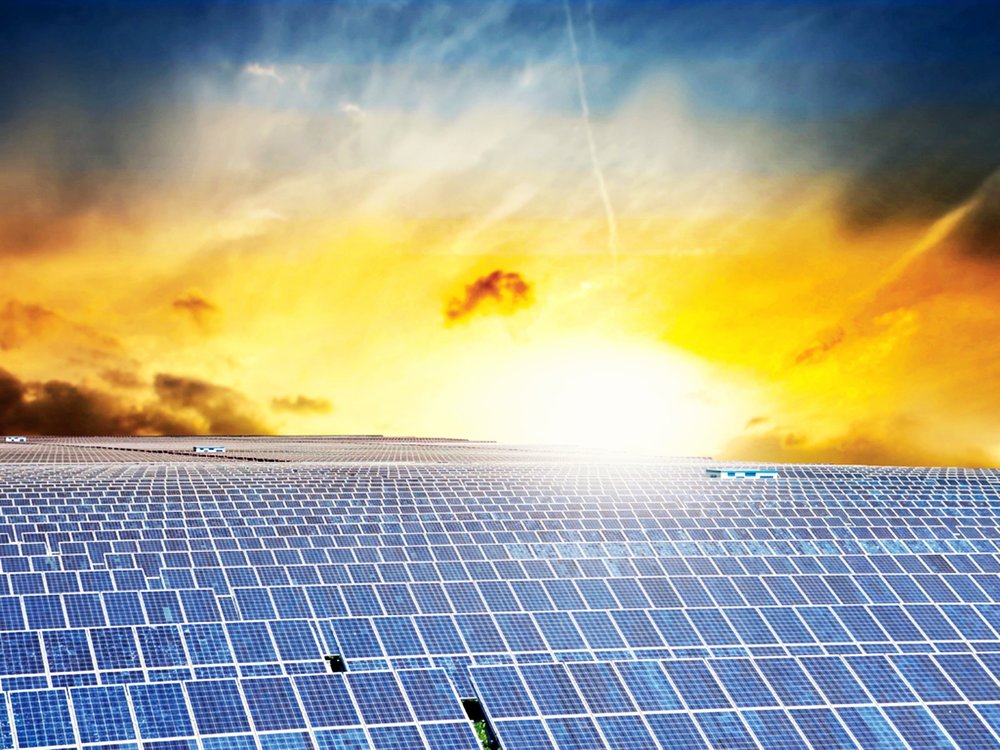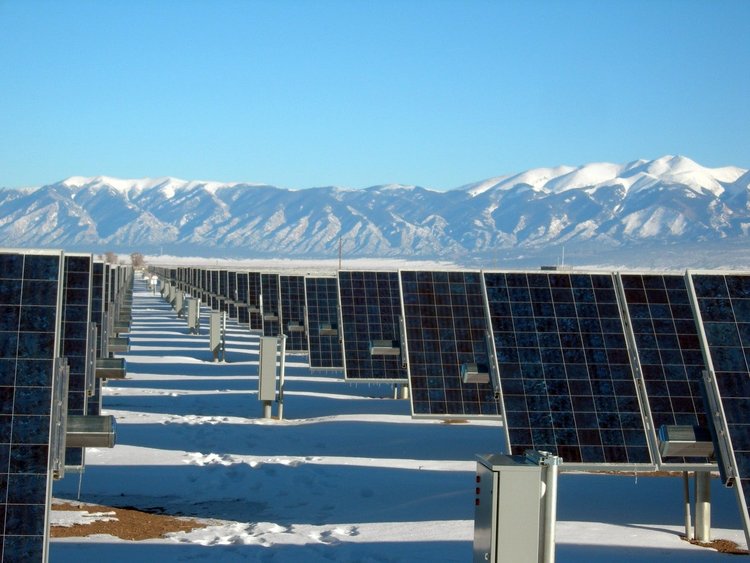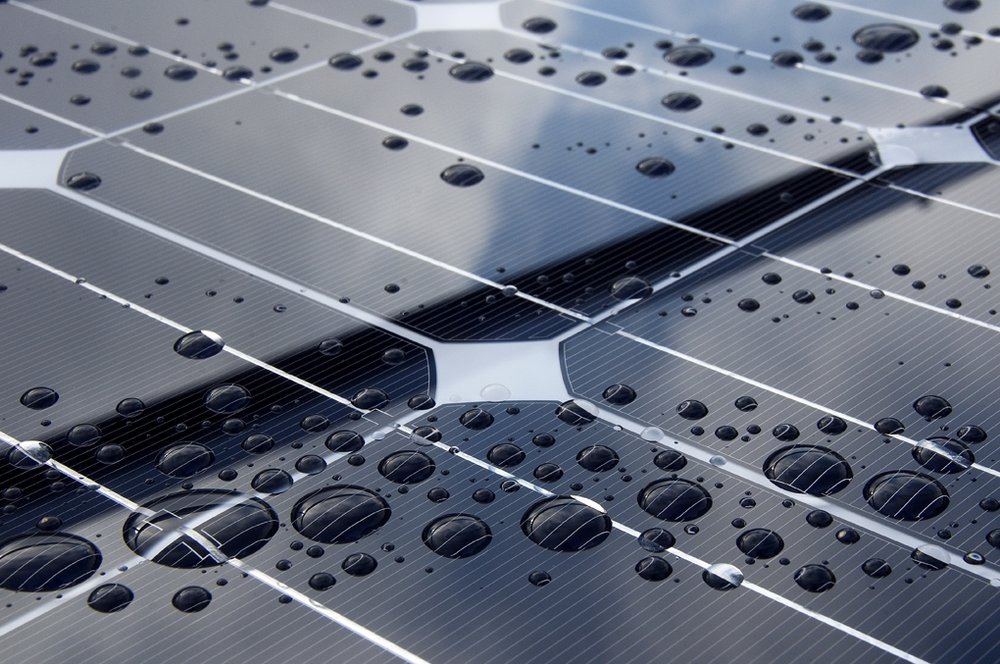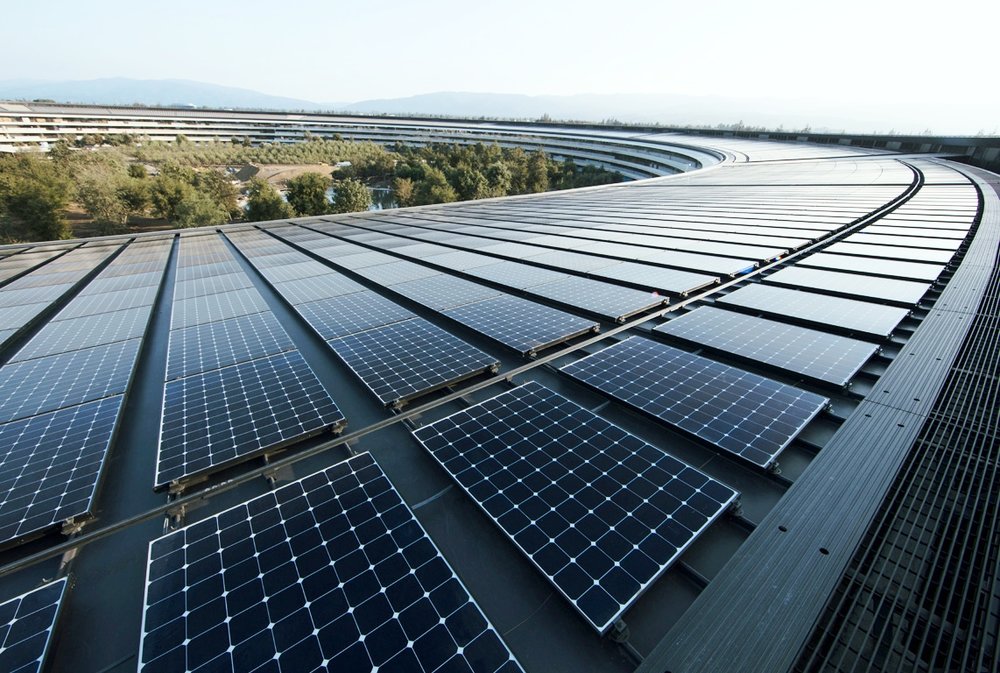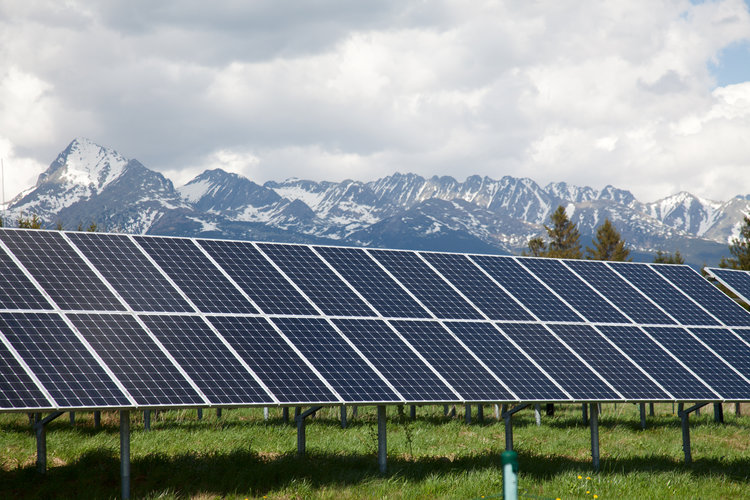The future of solar energy is looking bright.
Recent developments in the energy world have experts saying that solar will, before long, replace fossil fuels to become the leading energy source of the future. Its advantages have been convincing enough that everyone seems to be jumping on board— from households to big businesses, from environmentalists to oil majors.
But the energy space can be complicated, and it’s reasonable to wonder: is solar really the best future energy source? To help make sense of it all, we’ve broken down five key advantages that we believe will help propel solar to the top spot in global energy production.
Table of Contents
1. Solar Can Be Used By Anyone, Anywhere
Solar energy has proven its versatility over the years, and nowadays, solar can be found everywhere that people choose to live their lives. Solar panels are bringing renewable energy to places it has never been before—some of which haven’t previously had any sort of electricity—such as rural communities in India and research bases in Antarctica.
Some places where clean energy accessibility is still an issue are even closer to home than you’d think. More than 250 million Americans have been unable to access solar energy, but new innovations, such as community solar, are helping to change this by bringing solar access to renters, low-income Americans, and other underserved communities.
Solar is quickly becoming one of the most sought-after energy sources for people of all walks of life; from high to low incomes, from the equator to the arctic, from small business owners to environmentalists, and from rooftop owners to solar farm subscribers.
Related
2. Solar Technology Is More Affordable Than Ever—And It’s Only Getting Cheaper
As the solar industry continues down the path of greater innovation and lower prices, we can expect solar energy to become significantly cheaper than oil and gas. To put things into perspective, the average cost per kilowatt-hour (kwh) of energy in the U.S. is around 13.30 cents, according to a recent Choose Energy report, but these rates vary quite a bit from 31 cents/kwh in Hawaii to 9 cents/kwh in Louisiana. Solar is expected to bring down electricity costs in states across the country.
Since 2010, we have seen more than a 70% decrease in costs for solar energy. Even with the recent solar tariffs, within the next few years you can expect to pay between 4 and 12 cents/kwh for electricity produced by large-scale solar farms, and only slightly more for rooftop solar.
Even better, after they’re installed, solar panels have almost no ongoing costs—making prices much less subject to fluctuating global fuel prices. And new innovations, such as battery storage, will continue to lower the prices of solar and eliminate the need for fossil fuels, even when the sun’s not shining.
3. Our Climate Is Changing And We Need To Keep Up
Traditional electricity production is dirty; burning coal, oil, and gas is extremely harmful to the environment. Older electricity production sources contribute to around a quarter of the annual carbon dioxide emissions, and getting fossil fuels out of the ground drives further pollution and climate impacts. It also uses massive amounts of water, causing problems for cities and towns in arid locations around the world.
Solar energy is a profoundly impactful answer to these problems. Though we cannot yet claim that solar is 100% emission- and water-free, any water used or emissions produced are limited to the manufacturing and shipping processes, and are vastly lower than those linked to “traditional” electricity production. Once panels are installed, solar electricity production is emissions-free and requires little water, if any.
4. We Can Rely On The Sun
Unlike fossil fuels, sunlight is a guaranteed resource that we can rely on for the long run. Even in places where solar was not originally thought to be a possible source of energy, such as Antarctica, solar panels are gaining ground. And yes, solar panels do work during the winter, and in cold climates!
A 100 x 100 mile area of land covered with solar panels, and just one square mile of battery storage, has the potential to power our entire country. Tesla CEO Elon Musk proposed this idea last July at a meeting of the National Governors Association. The switch from an America powered by fossil fuels to a solar-powered America could mean more stability in energy prices, an abundance of energy, and long-term freedom from our dependency on foreign oil.
5. Solar Energy Is Good For Business
Apple’s new headquarters in Cupertino is powered by 100 percent renewable energy, in part from a 17-megawatt onsite rooftop solar installation.
One of the greatest indications of the promise of a solar-powered future is the rapid increase in the number of organizations that are ‘going solar’. The majority of Fortune 100 companies have now invested in renewable energy, with large tech companies like Apple and Google even achieving 100 percent renewable energy targets.
Even oil giants are jumping on the bandwagon: Shell has invested almost $2 billion on clean energy; recently the company bought a European electric vehicle charging station company and a large share of Silicon Ranch, a major U.S. solar company.
What better display of trust in the future of solar energy than billions of dollars being poured into the industry, and by none other than big oil companies? Solar is already well on its way to taking over the energy industry. We can’t wait to see what happens next.
